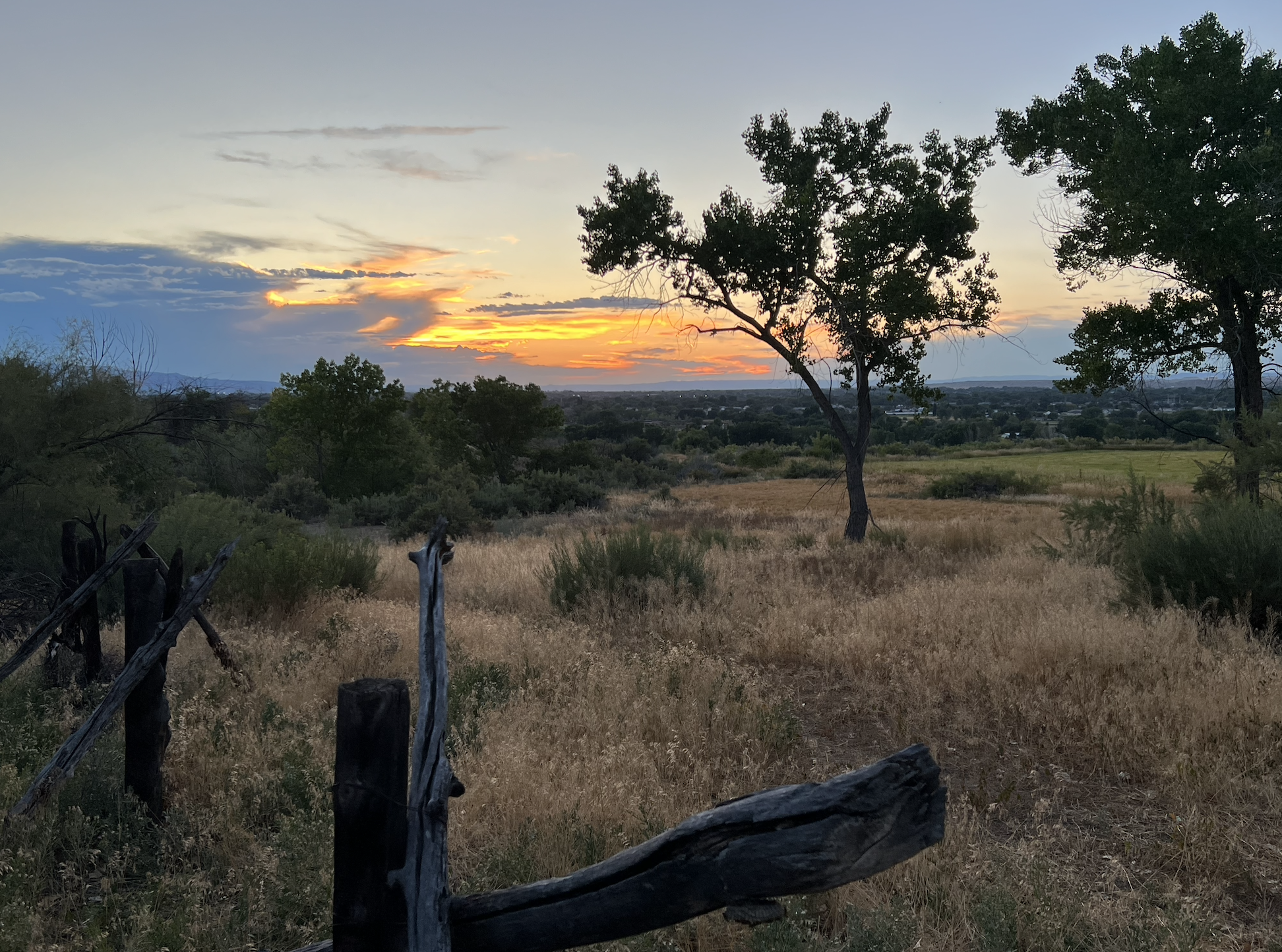A few years back I invented a game that I started playing mostly with my youngest son, who was then six years old. It’s called, “Make It Six.” It needed a name. The point of the game is really simple — come up with six reasons why you think something is happening. It’s an interpretive, conversational game. I made it up to stretch his mind a bit when he was making rather strong judgements about people and what was happening around him. “That person is weird,” he might say because of the hat they were wearing. “Hmmm…, OK…,” I’d tell him. “Can you think of six reasons why that person is wearing that hat?” So as to not shame him, I shared that the person might just be weird (sometimes that was followed with an inquiry — what do you mean by weird?).
At first, his response was “no.” He couldn’t think of other reasons. But then he grew into it more. “Maybe the hat was a gift from a friend and it means a lot to wear it.” “Maybe it is a dare.” “Maybe the person wants to cover up messy hair.” The answers didn’t matter. Seeing “maybe” did. And removing the tendency to judge or impose opinion with certainty so easily — well that’s just important skill, isn’t it.
The game was easy to play. Just needed fingers to count off the six alternative explanations. We played whenever I felt it was needed — in the car, at the dinner table, while watching TV — and often, was met with a groan of resistance. But it’s one of the things I’m proud of with him, as his dad. It’s a game that carries through life to build a sense of wonder about things that seem clear, but under the surface, may not be so clear.
Make It Six isn’t just for kids and geeky dads determined to broaden perspective. What I’m realizing is that broadening wonder and perspective is something for all of us. Politically, in the United States and in many other parts of the world, there is increasing trend to polarity. There is enough complexity that many are retreating to rather strong projections of certainty. It’s natural to do this. Just like it was pretty natural for my son at his developmental age to make judgments about a person’s hat. But just as it was then for him, now, this kind of polarity isn’t particularly helpful in society.
Making good decisions and understanding things well will always be important. And, it isn’t for me to say what those decisions are. I sometimes marvel at people’s certainty and clarity. My position and instinct has always been more reflective and contemplative. Without being able to help it, my disposition is to play Make It Six with most everything. In fact, I shared this with my son just the other day when he gave me a rather vague answer about his day at school. “Our teacher did the worst thing.” I of course didn’t know what that meant. “Did she give you too much homework? Did she ask you to read a challenging book? Did she change the way the desks are organized? Did she yell at you? Did she tease you?” I told my son that Make It Six goes on all of the time in my brain and that I needed just a bit more clarity from him.
The value I hope to add in Make It Six is often a dislocation from certainty, rather than a rigidifying of certainty. When working in teams, communities, and organizations, the ability to wonder together is in fact a critical competency. Rather than vying for a version of truth about what is happening (and recruiting others to it), exploring is the game. Wonder is the game. Broadened perspective is the game. It’s not about marketing and coercing a truth. It’s about being able to be in suspended certainty, even if just for a while, so as to be in more explorative ways together.
I’ll keep playing they game with my son. Because I’m his dad and I care about how he develops. And though I gamed it with him (access points matter right), the ability to wonder will always be essential in this increasingly complex and fast-changing world. Make It Six just offers an alternative starting place.

You are a good Dad and an even greater human being, Tenneson! This is fundamental and profound all at the same time. Keep these wonderful posts coming!
Hi Tenneson. What a wonderful story and approach to encouraging the suspension of certainty. I would like to use this game with my business students. I’ll let you know how it goes. I hope you are doing well. Thanks for sharing. Jude
This “game” could be just the thing we sorely need right now! I’ll share it. Thank you.